Convergence Insufficiency: Headaches and Tired Eyes
WHAT IS CONVERGENCE INSUFFICIENCY?
Convergence insufficiency is a medical condition in which the eyes are unable to work together efficiently while looking at near targets. Patients with convergence insufficiency are often unable to do schoolwork or job-related tasks up close for more than 10 minutes.
There is no known cause for convergence insufficiency. Often times, patients do not realize their eyes aren't working the way ours do.
One of the most common conditions associated with convergence insufficiency is post-concussive syndrome. Patients with acquired brain injuries are prone to more severe symptoms than most convergence insufficiency patients.
Treatment for convergence insufficiency aims to improve eye teaming ability and reduce fatigue caused by near-point activities.
WHAT ARE SOME SYMPTOMS OF CONVERGENCE INSUFFICIENCY?
Tendency to close or cover one eye
Headaches after doing near work for more than 10 minutes
Eyes hurt or feel tense while doing close work
Head tilt or movement
Poor reading comprehension
Head too close to the paper while reading or writing
Avoids near work or reading, or tires easily from near work
Difficulty completing assignments in the time allotted
Difficulty recognizing the same word in the next paragraph
Poor visual-motor (eye/hand or eye/foot) coordination
Comprehension decreases over time
VISION THERAPY FOR CONVERGENCE INSUFFICIENCY
Many optometry offices in the Fargo/Moorhead area offer vision therapy treatment for convergence insufficiency. Therapy is designed to improve eye teaming ability by making the eye movements from far to near more automatic.
Vision therapy does not make the eye muscles "stronger," but it builds a stronger connection between the eyes and the brain to improve function and reduce energy spent on eye movements.
By spending less energy on eye movements during near work, the patient will have more energy for the tasks needed to succeed in the classroom and on the job.
Ask your eye care provider if vision therapy is right for you.

